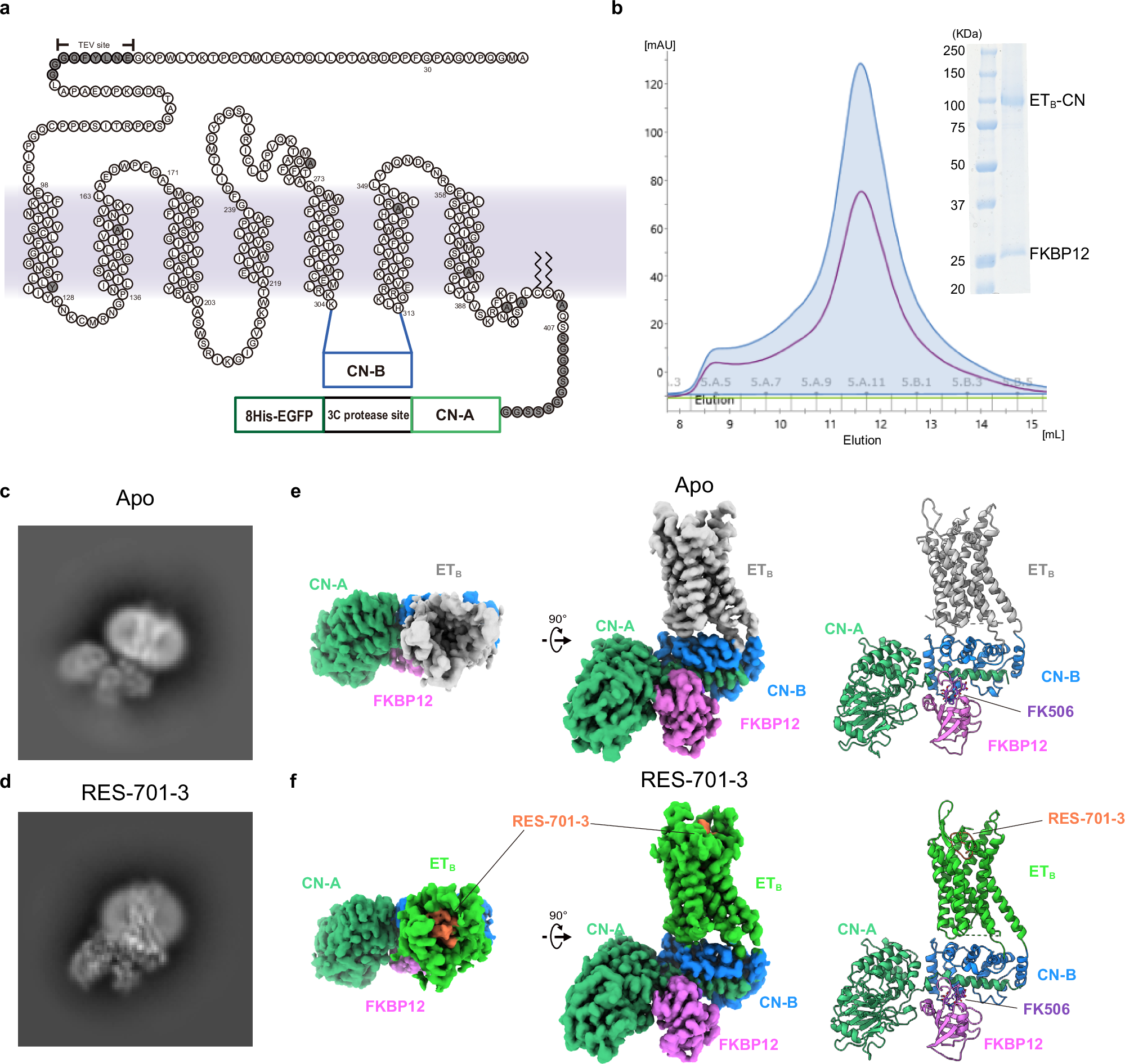2025-04-22 国立循環器病研究センター,大阪大学
<関連情報>
Atf3はミトコンドリア性心筋症の移行を制御していることが、空間および単一細胞トランスクリプトミクスによって明らかになった Atf3 controls transitioning in female mitochondrial cardiomyopathy as identified by spatial and single-cell transcriptomics
Tasneem Qaqorh, Yusuke Takahashi, Kohei Sameshima, Kentaro Otani, […], and Yasunori Shintani
Science Advances Published:4 Apr 2025
DOI:https://doi.org/10.1126/sciadv.adq1575

Abstract
Oxidative phosphorylation defects result in now intractable mitochondrial diseases (MD) with cardiac involvement markedly affecting prognosis. The mechanisms underlying the transition from compensation to dysfunction in response to metabolic deficiency remain unclear. Here, we used spatially resolved transcriptomics and single-nucleus RNA sequencing (snRNA-seq) on the heart of a patient with mitochondrial cardiomyopathy (MCM), combined with an MCM mouse model with cardiac-specific Ndufs6 knockdown (FS6KD). Cardiomyocytes demonstrated the most heterogeneous expression landscape among cell types caused by metabolic perturbation, and pseudotime trajectory analysis revealed dynamic cellular states transitioning from compensation to severe compromise. This progression coincided with the transient up-regulation of a transcription factor, ATF3. Genetic ablation of Atf3 in FS6KD corroborated its pivotal role, effectively delaying cardiomyopathy progression in a female-specific manner. Our findings highlight a fate-determining role of ATF3 in female MCM progression and that the latest transcriptomic analysis will help decipher the mechanisms underlying MD progression.

